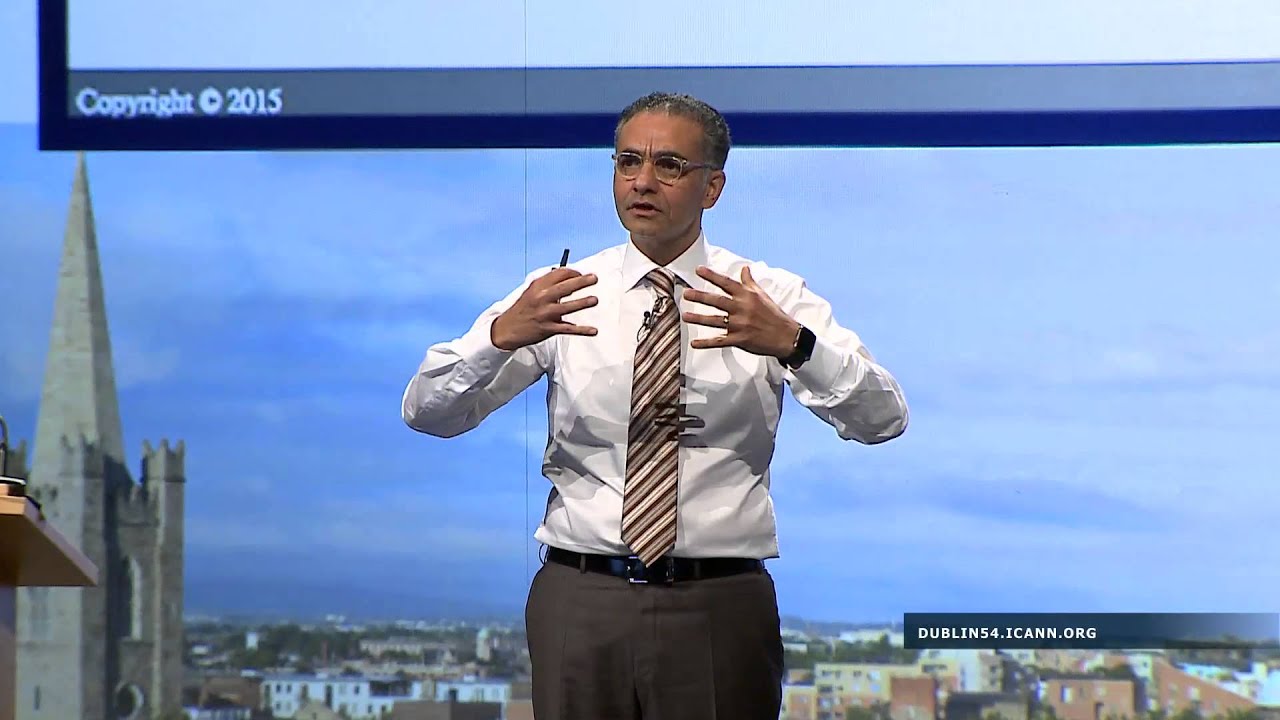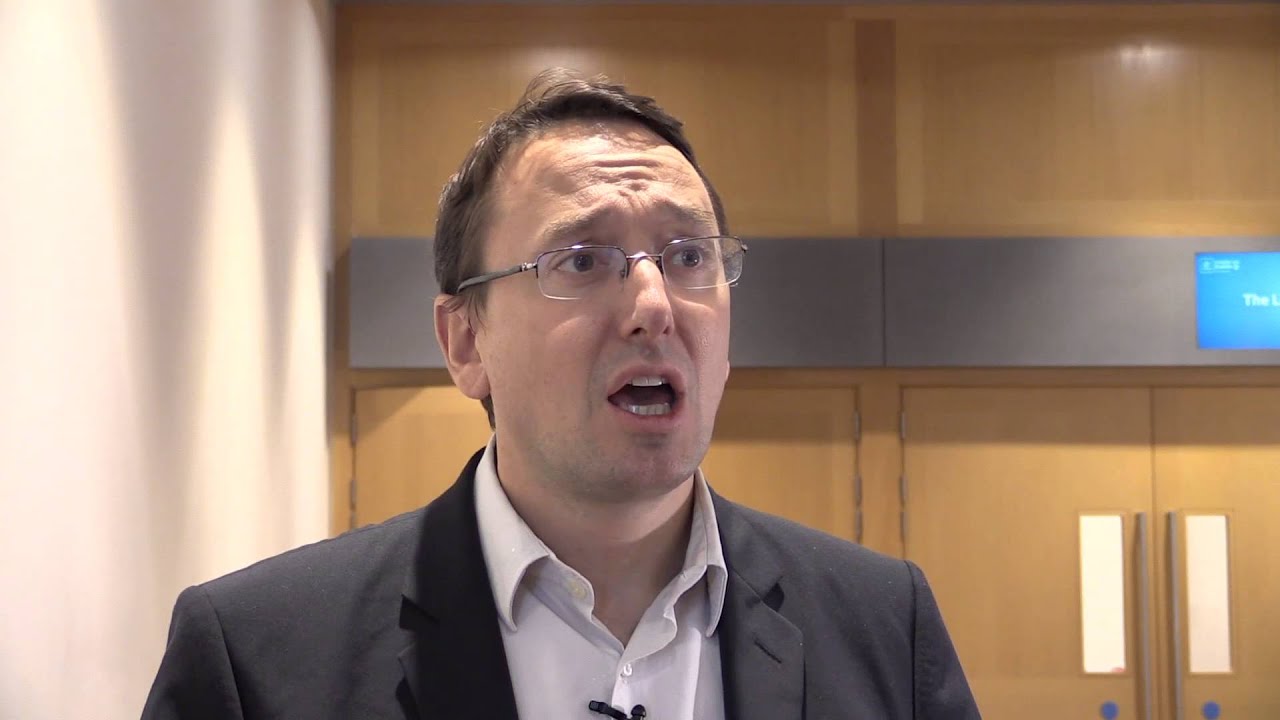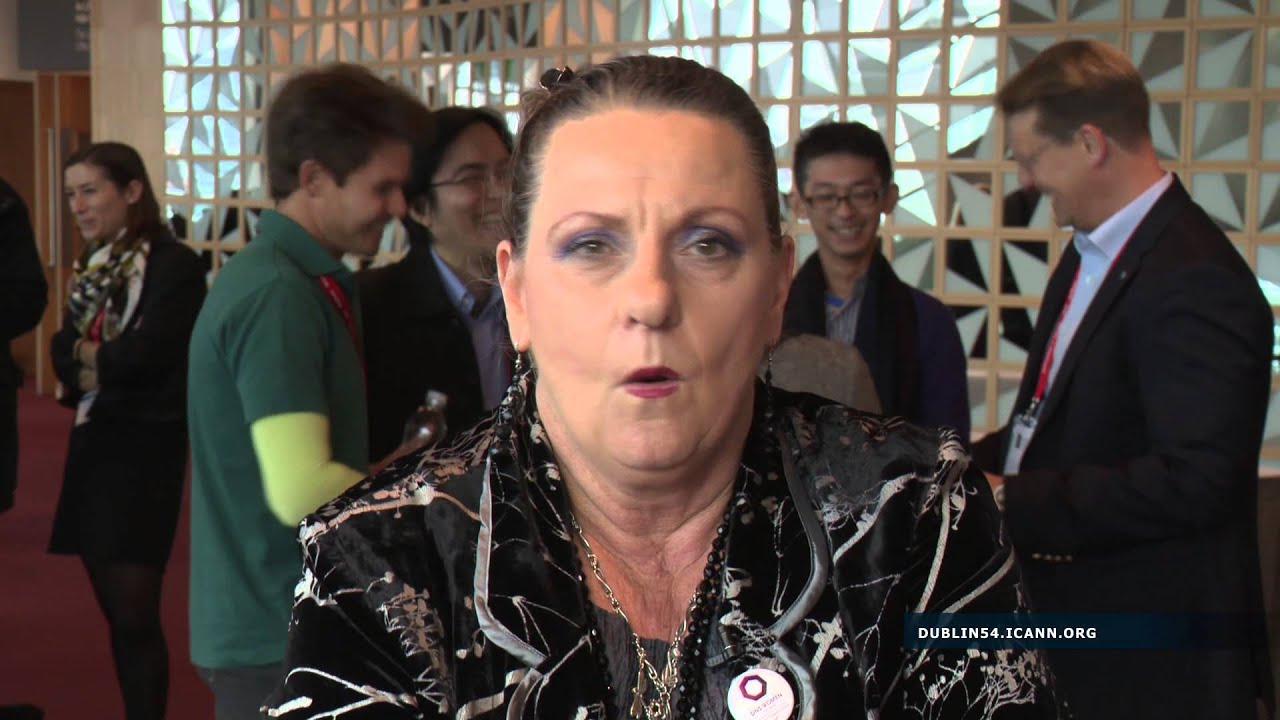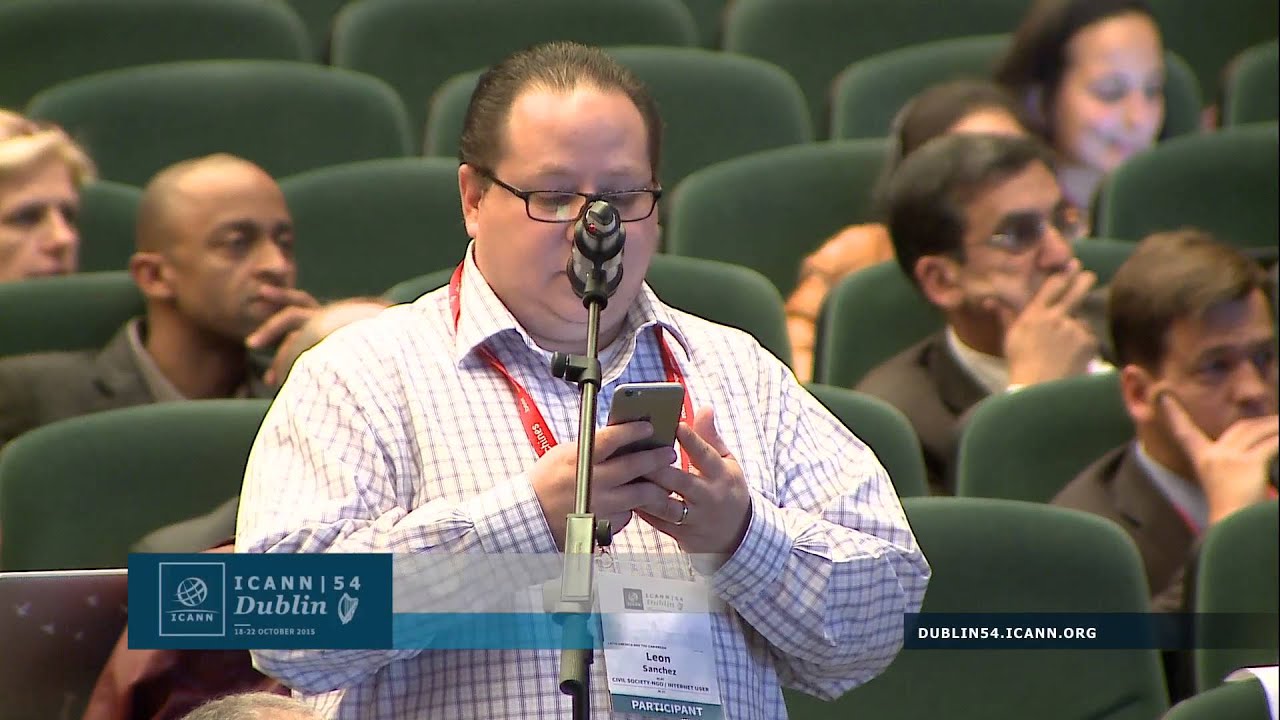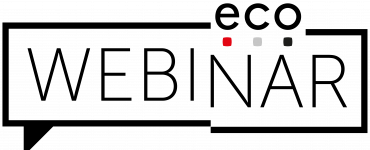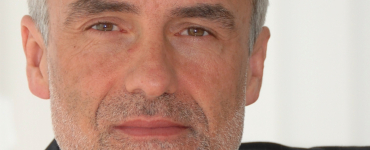The Community gets closer to a final vision of the future of coordinating the Internet
Around 2,000 participants from almost 130 countries met in Dublin for the 54th ICANN Meeting in October. The topic of ICANN accountability dominated the conference in the Irish capital. The three technical communities put forward their proposals for the so-called IANA stewardship transition and now the focus is on finalizing and approving the final recommendations of the Cross Community Working Group on Enhancing ICANN Accountability (CCWG).


The work of CCWG aims at improving the accountability of the Internet Corporation for Assigned Names and Numbers (ICANN) before the US government transfers the coordination of the so-called IANA functions. The handover to the global multi-stakeholder community will include a new model of how the Internet is coordinated.
ICANN accountability is taking shape
Thomas Rickert, Director Names & Numbers at eco – Association of the Internet Industry and Co-Chair of the CCWG, was happy with the progress so far: “After the second public consultation and its evaluation the Group was pleased to see that most of its recommendations were positively received. Only four critical aspects remain and need to be overhauled.”
These aspects have to do with how the Community makes decisions when important claims are to be pushed through in order to influence the organization. It is the new procedure that is meant replace the “back stop function” of the US government.
The ICANN Community is concerned that the voting procedure proposed by CWG would only give one sub-group of the whole Community voting rights. This would lead to a shift in the power dynamics and concentration of power with just a few parties which is hard to justify.


“The decision-making process has been fundamentally reformed to establish a consensus-based model which includes the whole Community. The consensus has been defined as requiring a certain level of agreement and not more than one objection, depending on the respective Community power”, explained Rickert.
A second criticism was the plan to allow the Community to veto the budget and ICANN’s strategic plan. It was feared that this could lead to paralysis and instability for the organization. A new proposal was put forward in Dublin by the CCWG which met universal approval.
Also reworked was the procedure for the removal of individual board members. Many parties had been worried about this point. Individual organizations would have been able to recall their designated board members. This could have resulted in the directors acting in the interests of their seconding organization rather than in the interests of the global Internet community.
Breakthrough with the “single designator model”
“In the end we had a breakthrough in relation to which legal framework is to be used by the Community to prevail with their interests over the interests of the Board, if needs be. Our Working Group replaced the previously favored “single membership model” with a “single designator model” as a reference model,” continued the CCWG Co-Chair and was confident “that a final report will be approved in the coming weeks and that a transition can occur within the current schedule.” A consensus on this point was reached by the CCWG and the ICANN Board.


The original “single membership model” which the CCWG had proposed would have given the self-administration bodies of ICANN the right to directly oppose resolutions of the Board, under Californian law. With the new “single designator model” the Board is no longer required to accept a veto. The bodies are left only with the option to dismiss the Board all at once. This model is meant to replace the control function of the US government by giving the self-administration bodies indirect control.
It is anticipated that the last element for the transition of control of the root zone and further central databases for the Internet to ICANN will be presented as a concrete proposal on 15 November 2015. This will be published for the general public on icann.org for a 35-day public comment period. The ICANN Board is due to receive the final report on 22 January 2016 and will then make its decision. The CCWG has committed to doing its very best to keep to this deadline.
ISPCP & Universal Acceptance
The meeting of the Internet Service Providers & Connectivity Providers Constituency Group (ISPCP), in which eco is represented by Oliver Süme, eco Director of Policy and Law, and Wolf-Ulrich Knoben, was also dominated by the discussion on ICANN accountability. Thomas Rickert presented the results of the discussion to date on the Tuesday and asked the ISPCP members for feedback for the next round of talks. Mark Svancarek, representative of the Universal Acceptance Steering Group (UASG), gave an overview of the workshop results of this relatively new working group.


The UASG, in which eco is represented by Lars Steffen, presented a 10-point plan on the Sunday workshop outlining how they want to draft the first documents by 14 January 2016. The results are to be published before the next ICANN Meeting in March 2016. The aim of the working group is the removal of technical barriers in the usage of Internationalized Domain Names (IDNs) and to establish Email Address Internationalization (EAI).
“Our aim is not only to support the extension of the name space with new Top Level Domains and the establishment of TLDs which aren’t based on the ASCII characters. This is to make certain that end users can use all TLDs easily. We also want to ensure that the Internet can connect even more people globally without them having to overcome the currently common language barriers,” is how Lars Steffen explained the goals of the UASG.
Looking forward and the German Evening
The next ICANN Meeting will take place between 5 and 10 March 2016 in Marrakech. The latest results on how to pave the way for the IANA Stewardship Transition are to be presented. The first UASG guidelines are also due to be published by then. These will provide software developers, webmasters, system engineers and other relevant target groups with the information they need to guarantee the smooth introduction of new Top Level Domains.


The ICANN Meeting was rounded off with the German Evening, jointly hosted by DENIC and eco. In the social event in a typical Irish pub in the Dublin nightlife quarter Temple Bar, international members of eco and the German ICANN Community had a fun evening of chat, friendly exchange and a few pints. With “That Night in Dublin at ICANN54” the Irish hosts created a tender networking-event, that most of the attendees will remember for a long.

